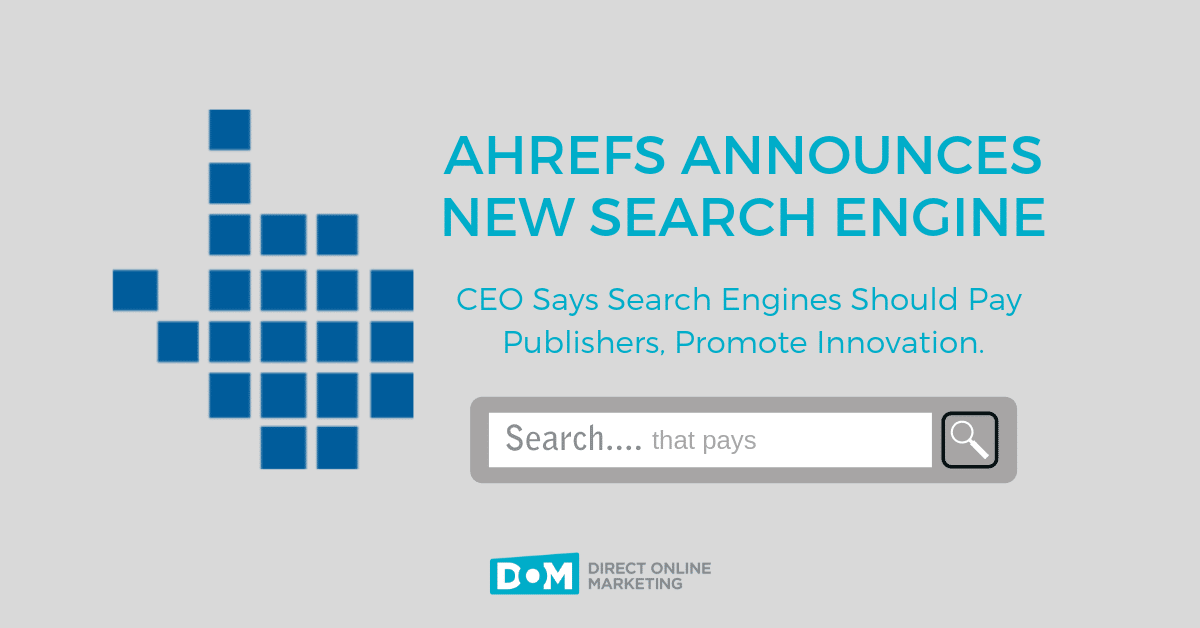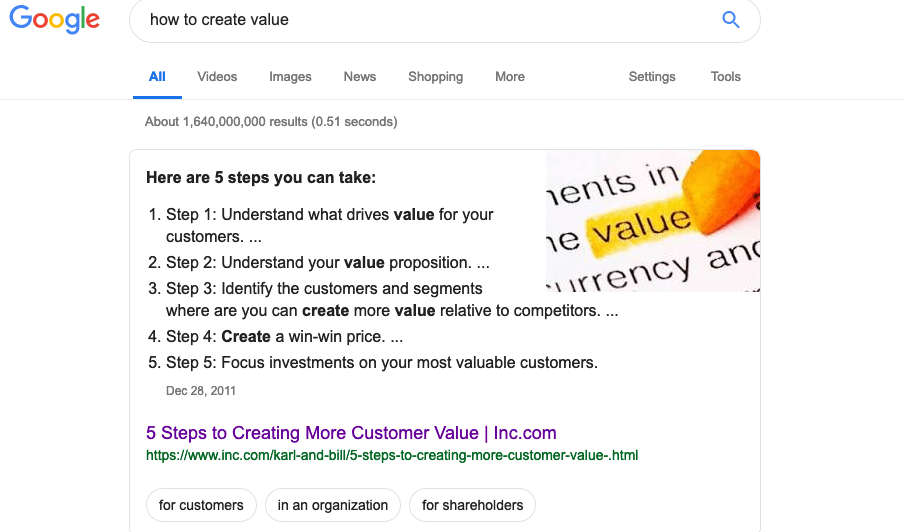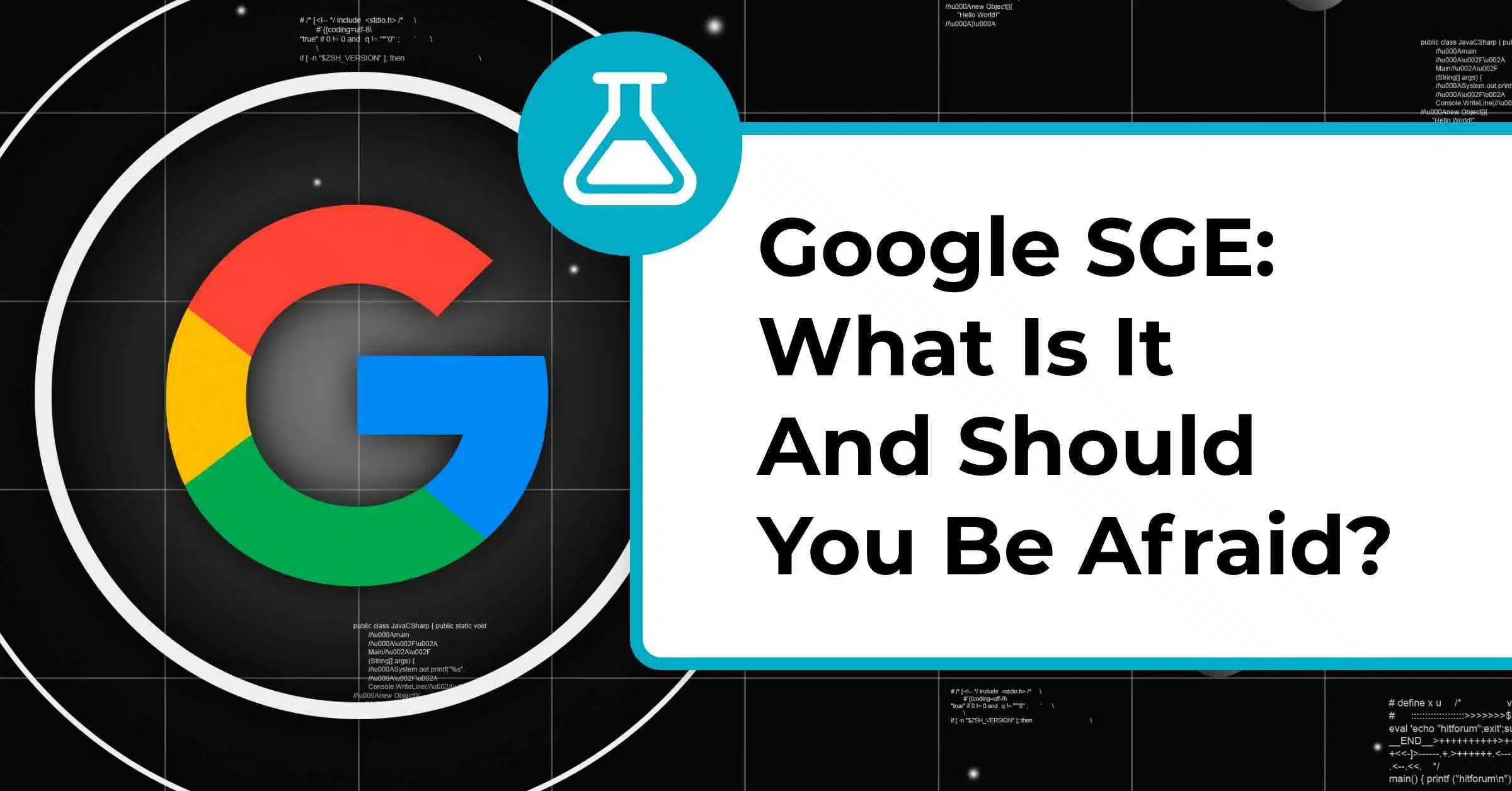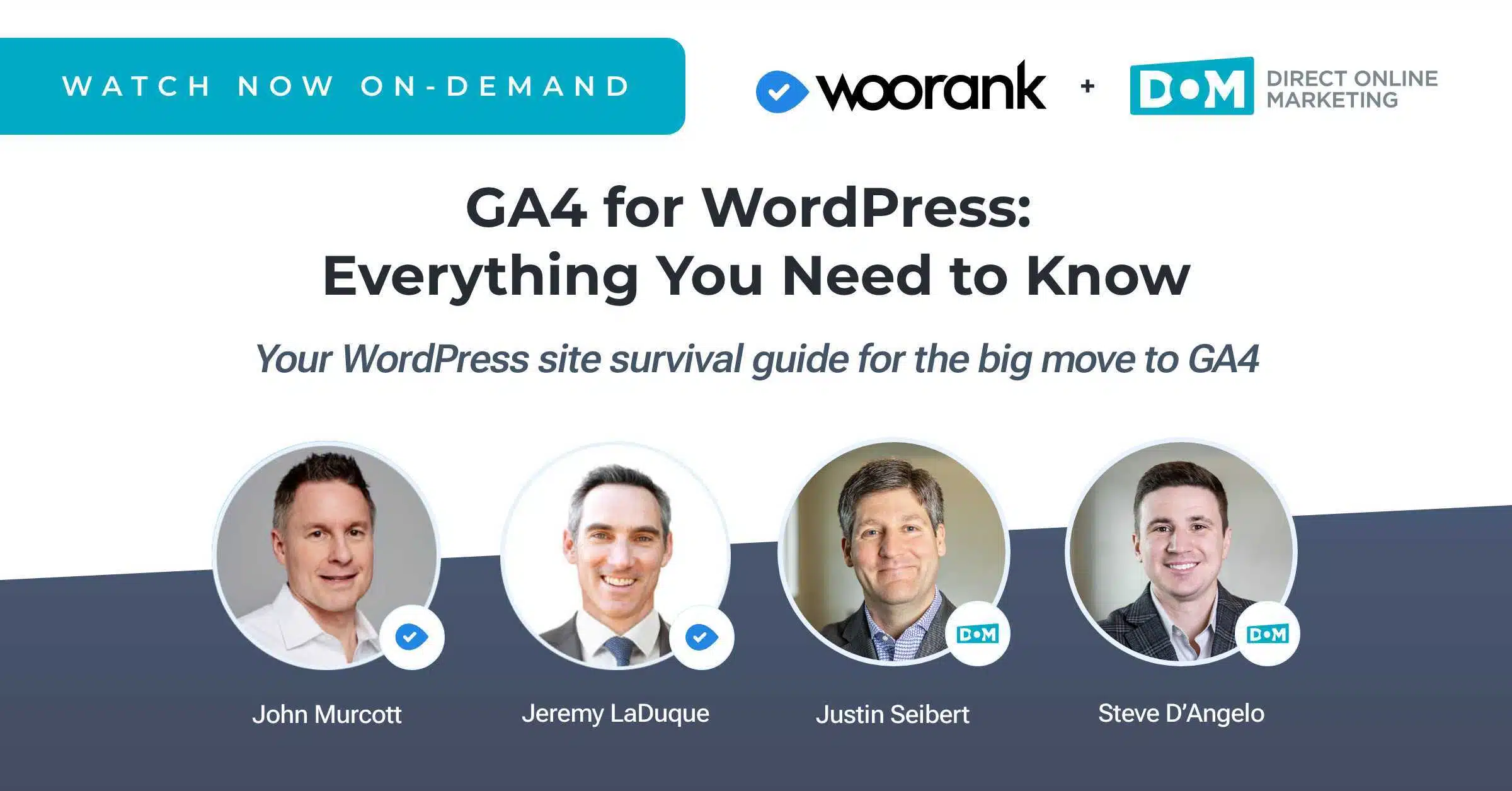
Ahrefs, one of the most popular SEO tools, stunned the SEO community when it announced plans to create a search engine. (In its current incarnation, Ahrefs allows website owners to perform website audits, including displaying competitive backlinks. You can learn more about competitive backlink analysis here.)
Ahrefs CEO Dmitry Gerasimenko laid out a search engine philosophy similar to that of DuckDuckGo, whose credo is “The search engine that doesn’t track you.”
DuckDuckGo claims that they do “not collect or share” information about you or your searches. And they’ve been enticing searchers away from Google for some time now. In fact, DuckDuckGo recently hit one billion monthly searches. The company’s privacy-focused approach seems to be the key to their success.
Gerasimenko also took to Twitter and voiced his concerns about how Google’s search model impacts profit sharing.
Ahrefs’ Search Engine Plays to Google’s Critics
Gerasimenko believes that Google is short-selling publishers by displaying website content on its SERP.
Here’s an example from searching “how to create value.”
While many curious people may click on Inc.com’s full article, others may rely on Google’s snippet. And that’s bad for Inc.com’s business (at least, we should assume). This could result in lost clicks, which would mean lower ad revenue. It would also mean that Inc.com would collect fewer leads. The consequences of losing clicks to Google’s scraping are endless.
Gerasimenko expands on this thought in a recent Tweet.
By the way, situation is actually even worse than just taking all the profit, Google is showing scraped content on search results page more and more so that you don’t even need to visit a website in many cases, which reduces content authors’ opportunity to monetize. pic.twitter.com/YxFRwOGdv0
— Dmitry Gerasimenko (@botsbreeder) March 27, 2019
Google’s Gatekeeper Status ‘Tearing Holes’ in ‘Tender Fabric’ of Internet
Gerasimenko’s lashing didn’t stop with Google’s content scraping. He accused the massive search engine of “tearing holes” in the internet itself.
Naturally such a vast resource, especially free, attracts countless efforts to tap into it, privatize and control access, each player pulling away their part, tearing holes in the tender fabric of this unique phenomena.
— Dmitry Gerasimenko (@botsbreeder) March 27, 2019
A Search Engine That Pays Publishers?
His final point may be his harshest for Google, but most coveted by publishers. Gerasimenko says that Google’s search model leaves publishers high and dry. He says that Ahrefs will share profits with publishers. He feels this will foster more innovation.
But structure wielded upon chaos should not be rigid and containing as a glass box around a venomous serpent, but rather supporting and spreading as a scaffolding for the vine, allowing it to flourish and grow new exciting fruits for humanity to grok and cherish.
— Dmitry Gerasimenko (@botsbreeder) March 27, 2019
It’s difficult to miss the self-promotion in Gerasimenko’s announcement. But it would be unfair to dismiss sound criticism in his remarks just because he sprinkles in a little self-aggrandizement, too.
Google remains the leading search engine company in the world. Ahrefs’ announcement alone doesn’t move that needle. But it does show that companies are positioning themselves to compete with Google as more and more criticism is heaped on the search giant.
In the end, competition in the search market is likely a good thing for everyone. It may serve to balance the scales of power democratically.



